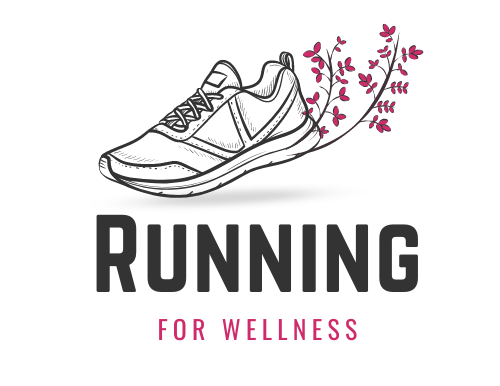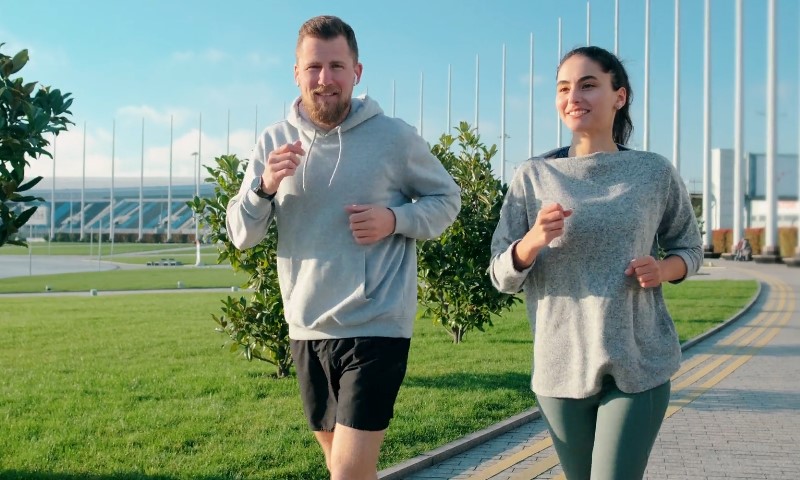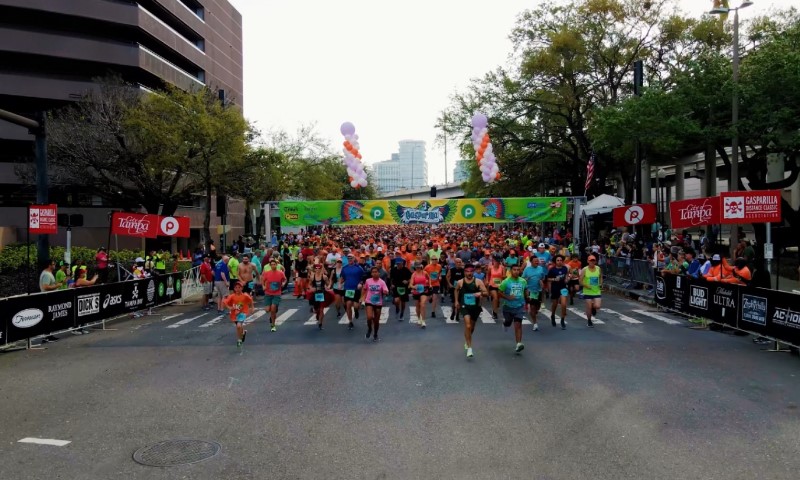Summer is coming, and running when the sun’s blazing and the humidity is high sounds like a scene from a survival movie. But for those of us who can’t resist the challenge, it’s all part of the thrill.
Today, I will talk about what it takes to keep pounding the pavement when Mother Nature turns up the heat.
Table of Contents
ToggleHumidity Is the Hidden Nemesis
Running in high humidity is like trying to exercise in a sauna. The body struggles to cool itself, leading to overheating.
Sweat sticks around instead of evaporating, making you feel like a sticky, overheated mess. It’s not pretty, but knowing how to deal with it is half the battle.
Training In the Heat Is Good For You
As someone who’s been there, I can tell you that training in the heat isn’t just about being a glutton for punishment. Over time, it really helps your body adapt to those high temperatures.
You start sweating more efficiently, your blood plasma volume increases, and you might even start to actually enjoy it – or at least, be able to tolerate it without feeling like you’re gonna pass out every time. It’s all about building up that heat tolerance.
Your body gets smarter and better at handling the scorching weather. Sure, it’s not always fun in the moment, but trust me, it pays off in the long run. You’ll be able to push yourself harder, for longer, without feeling like you’re gonna melt.
There Is No Shame in Slowing Down
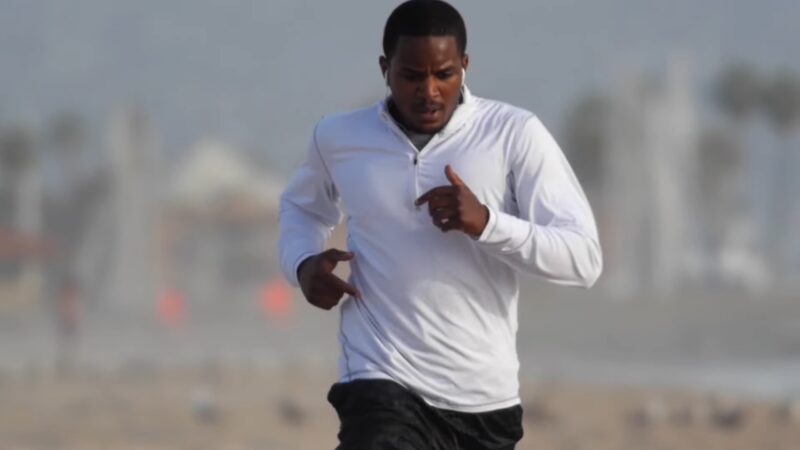
I’ve found that my performance really takes a hit when the weather gets hot and humid. It can be frustrating, but I’ve also learned that it’s important to just accept it and make some adjustments.
I used to try to power through it, thinking I was being tough, but all that did was lead to me feeling miserable and risking injury. Nowadays, I make sure to listen to my body and slow things down when the heat is on.
There’s no need to be a hero – the smart play is to dial it back a bit so you can keep enjoying your runs over the long haul.
Hydration Is Your Lifeline
Water is an absolute must before, during, and after runs. Replenishing fluids lost through sweat is vital. Forgetting to hydrate can turn a tough run into a dangerous ordeal. Keep a water bottle handy, and drink up.
Dress for These Extreme Conditions
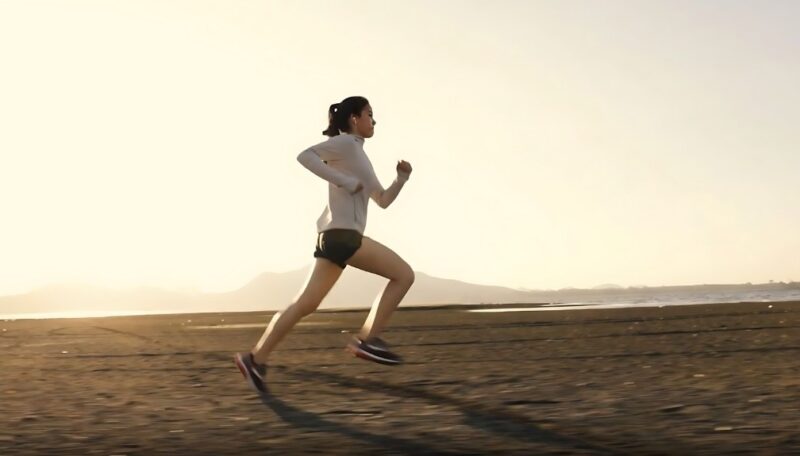
I’ve found that the key is to keep it light and airy. No need to go for the full-on athletic look, but you definitely want fabrics that are gonna let your skin breathe and wick away any sweat. Nobody wants to be that person dripping in a puddle.
I always steer clear of the dark, thick stuff unless I’m trying to pull off the whole “melting in the sun” vibe – which, let’s be real, isn’t the most flattering look.
Nope, give me those soft, breathable materials any day. They’ll keep you cool and comfortable, which is really what it’s all about when the temperature starts to soar.
Don’t Run on Empty!
Running on an empty stomach in the heat is a rookie mistake. A pre-run snack or sports drink can provide the energy needed to tackle the heat. Think of it as giving your body the fuel it needs to not crash and burn.
Find the Shade
Choosing shaded routes can make a world of difference. Less direct sunlight means a lower body temperature, which translates to a more tolerable run. It’s a simple hack, but one that can save your sanity.
Ditch the Asphalt

Running on grass, dirt, or cinder paths is smarter than sticking to asphalt, which absorbs and radiates heat like nobody’s business. Your feet (and your entire body) will feel much better, especially in the long run.
Sun Protection Is a Must
Sunscreen with at least SPF 30 is non-negotiable. Sunburn is the last thing you need on a hot run. Hats, sunglasses, and other sun-protective gear are also key to keeping the sun’s rays at bay.
Don’t Be a Hero – Think About Heat Exhaustion
Heat exhaustion is no joke. I’ve dealt with it myself, and let me tell you, it’s not a pretty sight. The dizziness, the nausea, all those unpleasant symptoms? That’s your body’s way of telling you to slow down and cool off ASAP.
You might think you’re being tough by pushing through it, but trust me, that’s just a one-way ticket to some serious health problems. It’s not about proving how tough you are; it’s about being smart and taking care of yourself.
Increased Hydration Needs
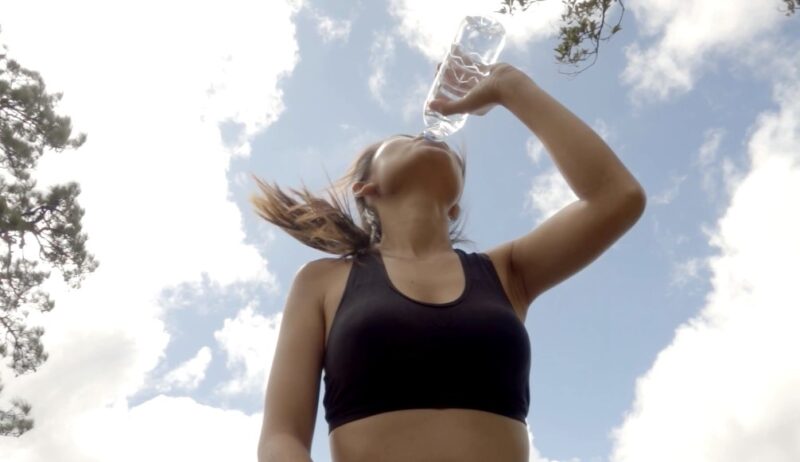
In hot weather, the body’s electrolyte needs shoot up. Adults typically need 1,600–2,000 mg of electrolytes daily, but sweating can increase this requirement.
Sports drinks or electrolyte tablets can help keep things balanced.
Body’s Reaction to Different Temperatures
10-15°C: Optimal Conditions
Cooler weather enhances cardiovascular endurance and efficient cooling.
Up to 20°C: Manageable with Caution
Hydration and breathable fabrics are necessary to stay comfortable.
20-26°C: Starting to Feel the Burn
Perceived exertion increases; lightweight clothing and hydration are essential.
26-31°C: High Alert Zone
Heat-related illnesses become a risk; hydration and shaded paths are crucial.
Above 32°C: Extreme Conditions
Avoid peak heat hours, wear moisture-wicking fabrics, and plan carefully.
Benefits of Running in Hot Weather
Running in hot weather isn’t all doom and gloom. It boosts cardiovascular endurance, increases calorie burn, enhances mental resilience and improves sleep.
Plus, it promotes natural detoxification and mental clarity. You might even start to feel invincible. Or, just really sweaty.
Risks of Running in Hot Weather
The risks are real: dehydration, overheating, muscle cramps, headaches, nausea, and dizziness. High temperatures can turn a simple run into a dangerous game. It’s essential to recognize and respect these risks.
Tips for Running in Hot Weather
- Gradually Acclimate: Ease into hot weather running. Don’t go all out on day one.
- Hydrate: Carry water, and consider using wet towels for cooling.
- Slow Down: Reduce your pace. There’s no prize for fastest heat stroke victim.
- Choose Shaded Routes: Avoid direct sunlight as much as possible.
- Run During Cooler Times: Early morning or late evening runs are smarter.
- Wear Lightweight, Breathable Clothing: Stay cool and comfortable.
- Use Sunscreen: Protect your skin with SPF 30 or higher.
- Consume Sports Drinks: Replenish lost electrolytes to stay balanced.
Final Thoughts
Running in the heat isn’t for the faint of heart, but with the right approach, it can be a rewarding challenge.
Hydrate, dress smart, and listen to your body. And when in doubt, there’s no shame in opting for an air-conditioned treadmill session.
Related Posts:
- 25 Simple Running Motivation Tips To Get You Moving
- Should You Use a Sauna When Sick? Everything You…
- Should You Visit Sauna After Workout - Yes or No?
- Top 400 Hilarious Gym Quotes to Keep You Motivated
- How Can You Start a Career as a Running Coach?
- How Far Is a Half Marathon? Everything You Need to Know
